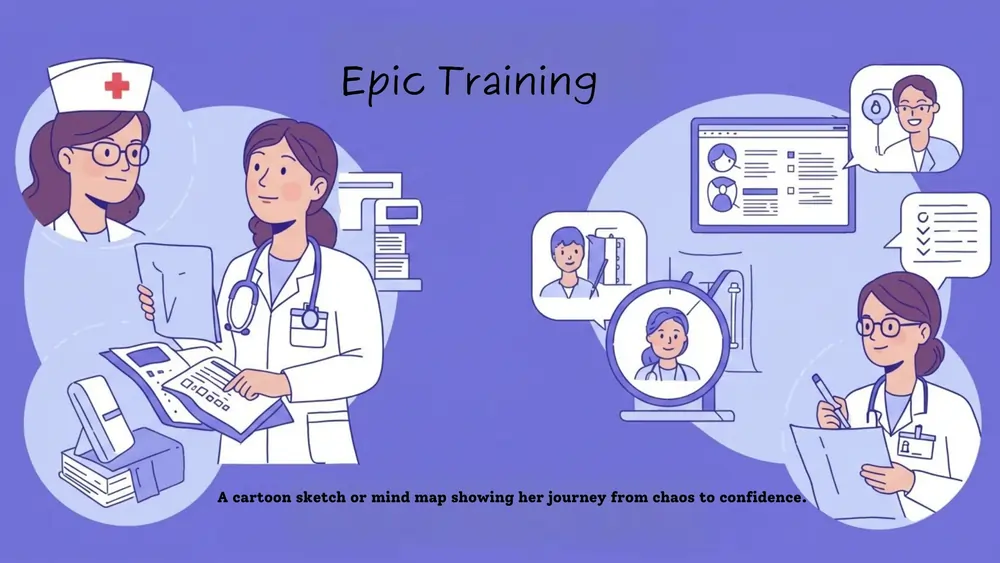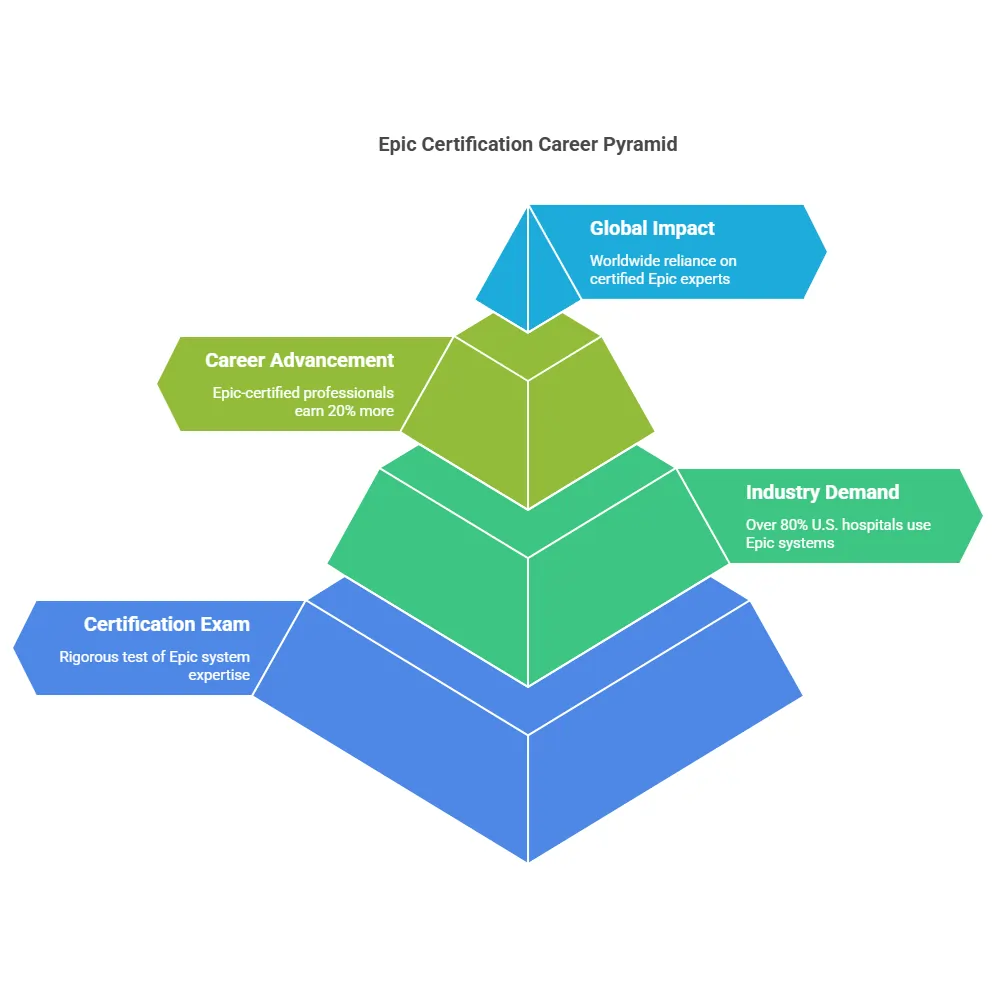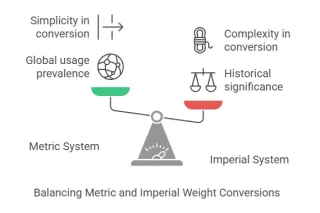
The healthcare industry runs on precision, and at the heart of modern patient care lies Epic Systems—a powerhouse in electronic health records (EHR). But even the most advanced software needs skilled users to unlock its potential. Enter Epic training, the bridge between cutting-edge technology and life-saving care delivery organizations. Whether you’re a nurse, physician, or Epic analyst, this guide dives into everything you need to know about mastering Epic software training, earning Epic certification, and transforming health systems with confidence.
Why Epic Training Matters: More Than Just Software
Epic Systems isn’t just another EHR—it’s the backbone of patient records management for over 250 million people worldwide. From streamlining workflows to enhancing patient care, its impact is undeniable. But here’s the catch: without proper training, even the best healthcare professionals risk inefficiency, errors, and burnout.
Epic training programs are meticulously designed to turn novices into Epic-certified professionals. These courses blend e-learning modules, hands-on labs, and role-specific training materials to build proficiency. For example, physicians typically complete 10+ hours of Epic software training, while support staff might focus on basket workflows tailored to administrative tasks.
Epic Certification: Your Ticket to Career Growth

Want to stand out in the healthcare industry? Epic certification is a golden credential. This rigorous certification exam validates your expertise in navigating Epic systems, from managing patient records to optimizing care delivery.
Key benefits of becoming Epic-certified:
- Career Advancement: Epic-certified professionals earn 20% more on average, with roles like Epic analyst offering salaries up to $100k.
- Industry Demand: Over 80% of U.S. hospitals use Epic, creating endless opportunities.
- Global Impact: Organizations like CTG and care delivery organizations worldwide rely on certified experts for Epic implementation.
But be warned: the Epic certification exam isn’t a walk in the park. It demands mastery of Epic modules like ASAP (emergency care) and Willow (pharmacy). Pro tip: Use tip sheets and just-in-time training to prep efficiently.
Read More https://prepare4test.com/ccs-certification/
Epic Training Programs: What to Expect
Epic training isn’t one-size-fits-all. Whether you’re in life sciences or a healthcare organization, here’s how programs are structured:
| Role | Training Hours | Focus Areas | Certification Path |
|---|---|---|---|
| Physicians | 10–14 hours | Patient care documentation, orders | Epic Physician Certification |
| Nurses | 8–12 hours | Basket workflows, med administration | Epic ClinDoc/Stork Certification |
| IT Staff | 20+ hours | System build, upgrade training | Epic Technical Certification |
| Administrative | 6–8 hours | Scheduling, patient records | Epic Cadence/Prelude Certification |
Source: Epic Training FAQs
Quick Win Tip: Customize your Epic dashboard early! Save 30+ minutes daily by setting up smart phrases and preference lists during training labs.
The Challenges: Time, Stress, and THC Gummies?
Let’s keep it real: Epic training isn’t all sunshine. Balancing system changes with patient care can feel like juggling flaming torches. Healthcare professionals often cite:
- Time Crunch: Finding 10+ hours for training amidst 12-hour shifts.
- Upgrade Fatigue: Annual upgrade training to stay current with new Epic software features.
- Stress: Some staff jokingly turn to high THC gummies (legally, of course) to unwind post-training.
But here’s the good news: organizations like UnityPoint Health offer at-the-elbow support during Epic implementation, easing the transition.
5 Quick Win Tips for Epic Success
- Leverage Tip Sheets: Keep training materials handy for real-time troubleshooting.
- Join User Groups: Learn basket workflow hacks from peers in the Epic community.
- Request Info Enrollment Early: Secure your spot in Epic courses before deadlines.
- Master “Just-in-Time” Training: Use micro-learning for system changes.
- Optimize Workflows: Use Epic proficiency tools like QuickActions to slash charting time.
Epic Certification Costs: Is It Worth It?

The Epic certification exam costs 1,500–5,000, depending on the program. But consider this: Epic-certified professionals are 40% more likely to land roles at top health systems like Mayo Clinic. Many organizations even cover fees through request info enrollment programs.
Pro Tip: Check if your employer partners with CTG or Epic Systems for subsidized courses.
People Also Read https://prepare4test.com/blog/
The Future of Epic: AI, Analytics, and Beyond
Epic Systems isn’t resting. With AI-driven patient care predictions and delta-9 THC tracking for medical cannabis patients (yes, really!), the software evolves constantly. Staying certified means lifelong learning—but hey, that’s what flight instructors (and certified flight instructors) do too!
Final Thoughts: Becoming an Epic Hero
Epic training is more than a certification—it’s a commitment to patient care excellence. Yes, the system is complex, and yes, THC gummies might tempt you during crunch time. But with the right resources (and maybe a certified flight instructor’s grit), you’ll transform healthcare workflows like a pro.
Ready to start? Fill out that application form Epic page and dive in. Your healthcare career just leveled up.



